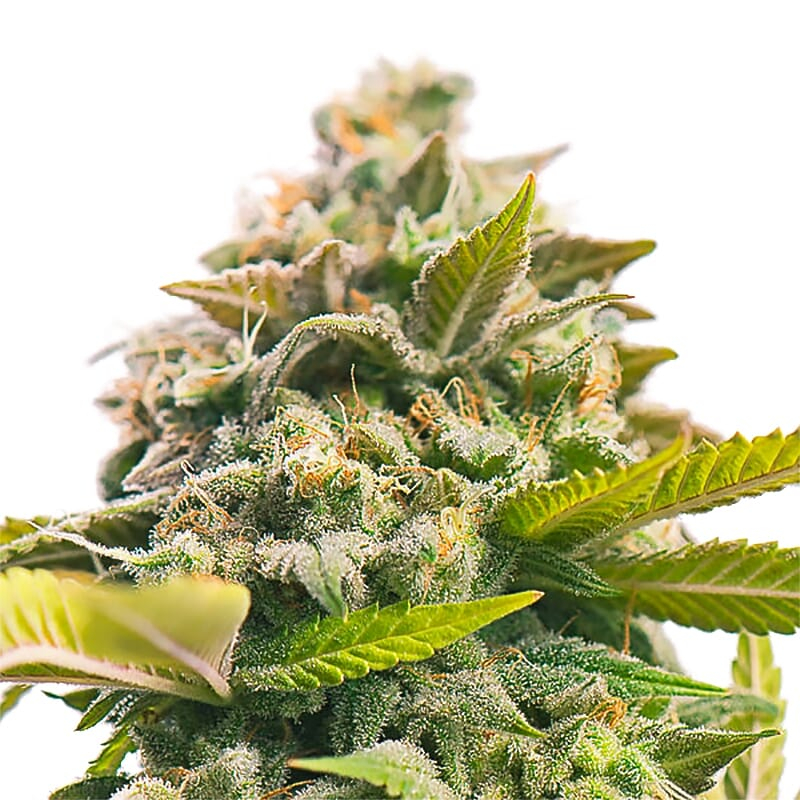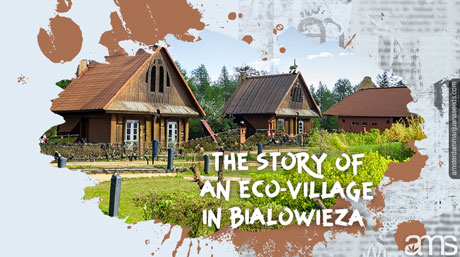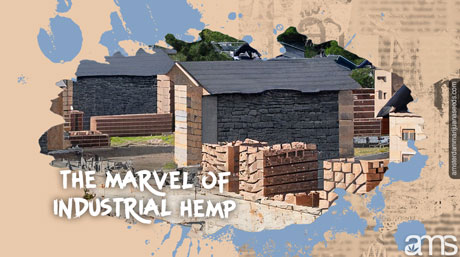With escalating environmental concerns, society’s search for sustainable, innovative solutions has never been more critical. One solution that shows great promise lies in the cultivation of an adaptable and versatile plant species known as industrial hemp. In this in-depth exploration, we will delve into the environmental benefits and the extraordinary potential of industrial hemp as an eco-friendly alternative across various industries.

I. The Background and Adaptive Nature of Industrial Hemp
Hemp, a variant of the Cannabis sativa plant species, boasts a history of usage dating back thousands of years due to its myriad applications. From ancient Chinese civilizations weaving hemp fibers into textiles to American colonists using it for paper and rope, the applications of this plant are as diverse as its history. Nevertheless, it is crucial to distinguish industrial hemp from marijuana – the former contains less than 0.3% THC, the psychoactive component in marijuana, making it unsuitable for recreational use.
Industrial hemp is a robust plant that makes it an environmentally sound choice for cultivation. It’s worth highlighting that it requires significantly less water than many traditional crops, including cotton. Hemp needs only about 20% of the water needed for cotton cultivation, offering a potential solution for regions prone to drought or with limited water resources. Furthermore, industrial hemp boasts a remarkable natural pest resistance, making it an ideal choice for organic farming and reducing the need for potentially harmful pesticides. This resistance not only lessens the strain on the environment but also allows for healthier soils and ecosystems, marking a significant stride in sustainable agriculture.
II. Industrial Hemp: A Carbon Sink and Soil Regenerator
Industrial hemp’s environmental impact extends far beyond water conservation and pest resistance. It exhibits impressive performance when it comes to absorbing carbon dioxide (CO2) from the atmosphere – an essential process known as carbon sequestration. Hemp absorbs more CO2 per hectare than many other crops and most trees, making it a formidable ally in our global fight against climate change.
Apart from its carbon sequestration potential, industrial hemp also contributes positively to soil health. Its deep root system helps to improve soil structure and prevent soil erosion, a critical factor in maintaining the health and sustainability of our agricultural systems. When the hemp plants decompose, they enrich the soil with nutrient-rich organic matter, enhancing its fertility for future crops. The impact of this cannot be overstated – by improving soil health, we can increase agricultural productivity and resilience, contributing to global food security and environmental protection.
III. Industrial Hemp’s Versatility Across Industries
The potential of industrial hemp extends far beyond agriculture and into various other industries:
A. Textiles
In the textile industry, the durability and strength of hemp fibers present a more sustainable and environmentally friendly alternative to synthetic fibers and cotton. Hemp can be used to create a vast array of textiles, from clothing to upholstery and even carpets. By switching to hemp-based textiles, we can significantly reduce our environmental impact and help build a more sustainable fashion industry.

B. Food Products
In the food sector, hemp seeds offer a nutrient-rich source of essential fatty acids, proteins, and vitamins. The potential of hemp seeds in contributing to our diets and promoting a sustainable food system is vast. They can be used in everything from baking to smoothies, offering a healthy, environmentally friendly alternative to many conventional food products.
C. Biofuels
In the energy sector, industrial hemp shows tremendous promise. It can be processed into biofuels like biodiesel and ethanol, which can reduce our reliance on fossil fuels and mitigate greenhouse gas emissions. As the world moves towards more sustainable energy sources, hemp-derived biofuels could play a significant role in this transition, offering a renewable, sustainable alternative to conventional fuels.
D. Building Materials
In the construction industry, industrial hemp is making its mark. It can be processed into several eco-friendly building materials like hempcrete – a composite material used in construction. These materials not only offer a sustainable alternative to traditional building materials, but they also have the added benefit of carbon sequestration. This means that not only are we reducing the environmental impact of the construction industry by using hemp-based materials, but we are actively removing CO2 from the atmosphere in the process.
Conclusion:
Industrial hemp stands out as an eco-friendly powerhouse with potential applications in numerous sectors. Its resilience, low resource requirements, carbon sequestration capability, and soil regeneration properties make it an environmentally beneficial crop. Furthermore, its versatility offers sustainable alternatives in industries such as textiles, food production, biofuel generation, and building construction. The cultivation and utilization of industrial hemp represent a significant step forward in our journey towards a more sustainable and eco-friendly future. By harnessing the power of this impressive plant, we can make strides towards environmental conservation and sustainable development in the face of increasing environmental challenges.
Frequently Asked Questions
What are the environmental benefits of industrial hemp?
What are the versatile applications of industrial hemp?
How does industrial hemp contribute to soil health and fertility?
Check the video of this blog:















